Best entrepreneur books: The entrepreneurship bug has bitten a vast majority of youngsters in India. Responding to the clarion call given by our Respected PM Modi Ji, the youth of the country has decided to become job providers rather than job seekers.
To run a startup you can do, one thing, which is beneficial for you and your business, is to read the book. Books written by or based upon Leaders, Business Owners, and Successful Entrepreneurs will give you knowledge that can’t be found anywhere else.
If you have a good idea and plan for your startup, you can achieve great success. For inspiration and course correction you have to know the story of other successful and failed entrepreneurs. This insight into their journey will let you know what is right and what is not for your startup.
To help you find your book according to your goal, Entrepreneur Media has made a list of some books. Which are beneficial for every new entrepreneur.
Best entrepreneur books
1. Influence: Robert Cialdini
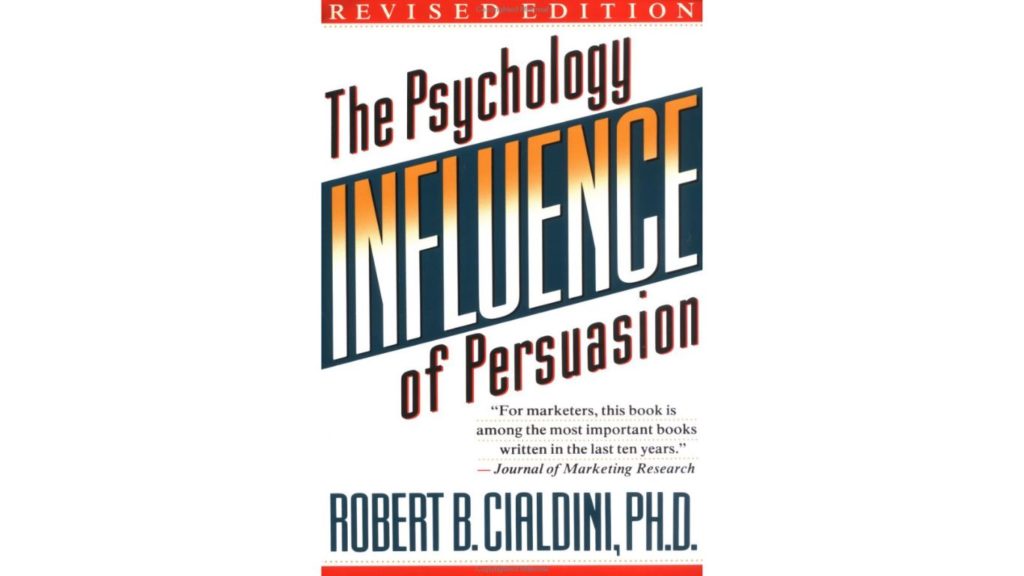
Influence is a collection of six persuasive concepts that encompass sales, marketing, and negotiation. Certain triggers, according to Professor Robert Cialdini, can impact human judgments. Reciprocity, consistency, social evidence, like, authority, and scarcity are the six principles.
2. Unshakeable — Tony Robbins

Tony Robbins’ approach to basic investment is Unshakeable. He demonstrates how to get financial stability and independence. Index funds, compound interest, and diversification. Are among the smart investment methods you’ll learn about. You’ll also learn how to prevent losing money as a result of fees and anxiety.
3. Start-Up Nation — Dan Senor

Start-Up Nation illustrates how Israel, is a tiny, divisive, and isolated nation. Has managed to become one of the world’s most creative hotspots. With more companies and innovative technology than whole continents.
4. Success Management — Dale Carnegie
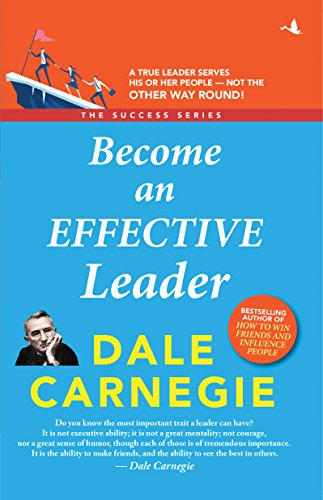
You will study the fundamentals of human resource management. Even though some teachings appear to be little, the devil is always in the details. The basics are fundamentals for a reason: they must acknowledge from top to bottom.
5. Deep Work — Cal Newport
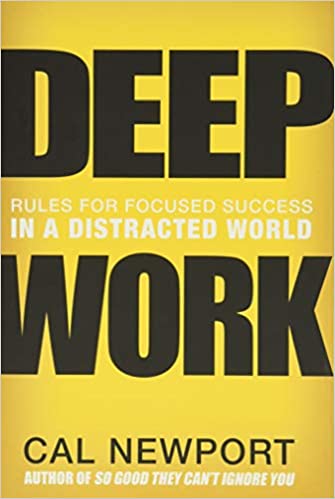
“Professional tasks are undertaken in a state of distraction-free concentration. That stretches your cognitive capacities to their limit,” says Cal Newport. These efforts provide value to your life, and increase your skills. And are difficult to duplicate.”
6. Twelve and a Half: Gary Vaynerchuk

Gary analyses the 12 human qualities that have contributed to his success. And happiness in this insightful and practical book and gives activities. To help you cultivate these attributes as well. He also explains what the “half” is—the emotional component of leadership. That he struggles with and is working to better.
7. The Founders: Jimmy Soni
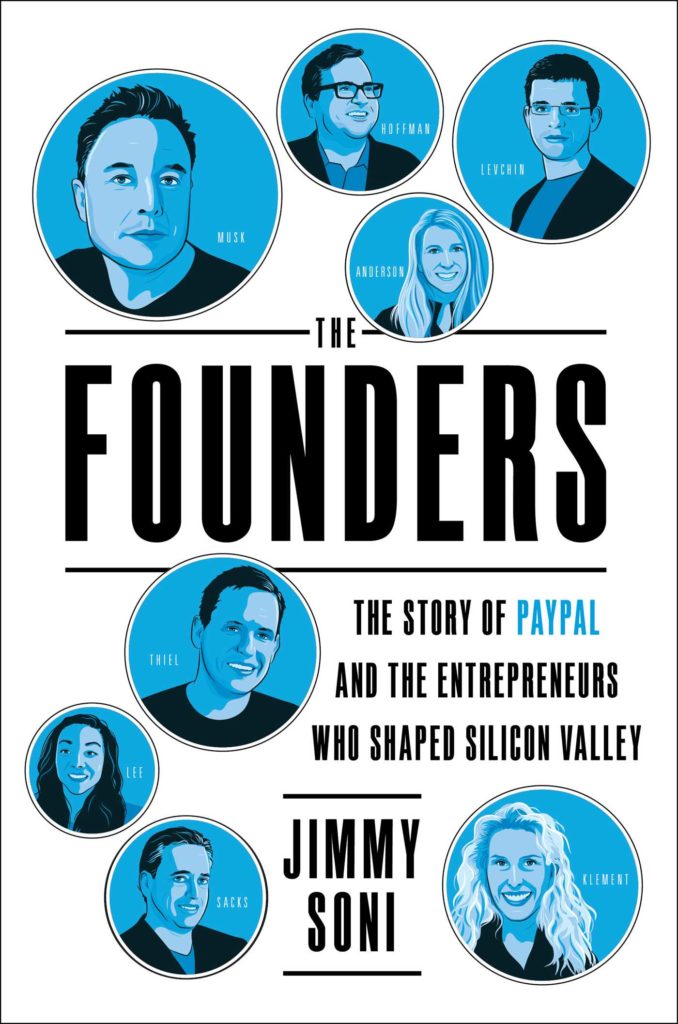
Jimmy Soni’s book “The Founders: The Story of PayPal and the Entrepreneurs. Who Shaped Silicon Valley” chronicles the journeys of the two very different firms. That came together to establish PayPal, one led by Elon Musk and the other by Peter Thiel.
8. Your Next Five Moves: Patrick Bet-David
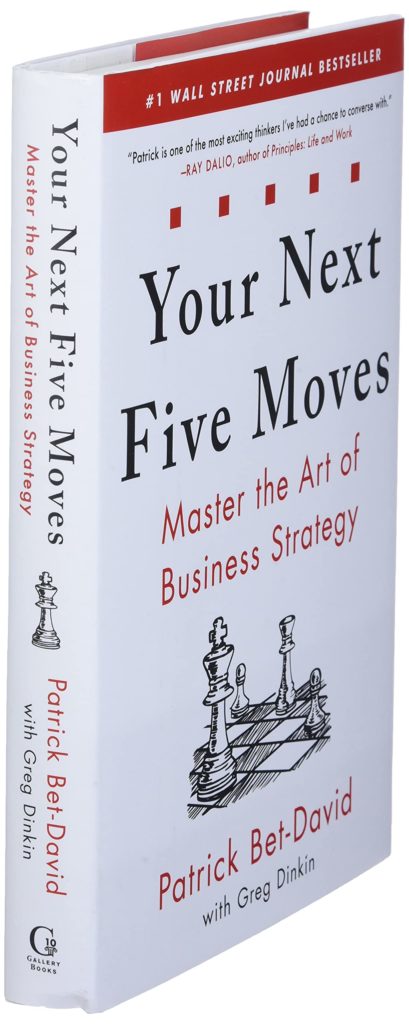
Both successful businesspeople and chess grandmasters have foresight. Foresee their next five moves by looking at the pieces in front of them. Patrick Bet-David transforms this expertise into a useful approach. That can go toward outstanding achievers at all levels of the company in this book. Your Next Five Moves provides the solutions. Whether you’ve struck a brick wall, or lost your motivation. Or are seeking new ways to take your business to the next level.
9. Start at the End: Matt Wallaert

Matt Wallaert, a technology executive, and behavioral scientist claim. That the goal of everything is to change behavior. The most effective firms understand what people want to do. And why they aren’t currently doing it. By starting with outcomes rather than procedures. And then building goods and services to bridge the gap.
10. Fix this next: mike michalowicz
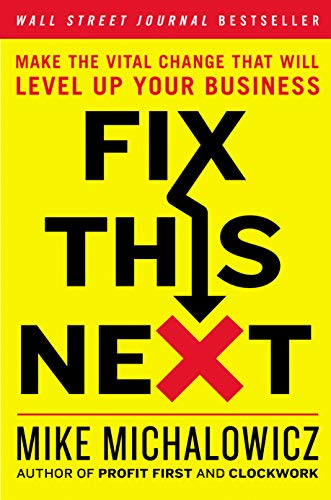
Before attempting to make an effect and leave a legacy. A healthy firm must first have predictable revenues, and proven profitability. And solid business procedures in place to provide orders. Don’t attempt to solve everything at the same time. Determine the lowest degree of difficulty and address it first.


